Reversing POTS: A Root-Cause Approach to Fixing Postural Orthostatic Tachycardia Syndrome
Understanding POTS
Postural Orthostatic Tachycardia Syndrome (POTS) is a mysterious and often misunderstood condition that affects the autonomic nervous system, causing symptoms like dizziness, lightheadedness, rapid heart rate, fatigue, brain fog, and even fainting when standing up.
Many patients are told there’s “no cure” for POTS and that they have to manage symptoms with blood pressure medications, salt loading, and lifestyle modifications. However, emerging research and clinical experience suggest that nutrient deficiencies—particularly intracellular deficiencies—play a massive role in the development of POTS symptoms.
This post will break down:
✅ The real root causes of POTS and why standard medical approaches often fail
✅ The key vitamin, mineral, and amino acid deficiencies linked to POTS
✅ How intracellular nutrient testing (CMA + Redox Panel) can identify the missing puzzle pieces
✅ A science-backed, nutrient-based strategy to reverse POTS symptoms
The Root Cause of POTS: A Systemic Breakdown Due to Deficiencies
POTS is not just a nervous system disorder—it often stems from underlying nutrient deficiencies that disrupt cardiovascular function, autonomic regulation, and blood pressure control.
💡 Why do traditional treatments fail?
➡️ Most doctors only focus on symptom management, using medications like beta-blockers and fludrocortisone.
➡️ Root causes, such as intracellular nutrient imbalances, are ignored because standard blood tests fail to detect them.
➡️ POTS patients often go years without a proper diagnosis because physicians don't look deeper.
However, a deeper look at intracellular nutrients often reveals the real causes of POTS symptoms—and fixing these imbalances can reverse the condition.
Key Nutrient Deficiencies in POTS Patients
Through intracellular testing (CMA + Redox Panel), multiple critical nutrient deficiencies have been identified in POTS patients. These deficiencies lead to poor circulation, autonomic instability, and heart rhythm irregularities.
1. Intracellular Iron & Ferritin Deficiency
Why It Matters:
Iron is critical for oxygen transport and autonomic nervous system function.
POTS patients often have normal blood iron levels but are deficient at the intracellular level.
Iron deficiency leads to low blood pressure, lightheadedness, fatigue, and heart palpitations—all hallmark POTS symptoms.
🔬 Clinical Insight: Iron deficiency is one of the most common root causes of POTS, but standard blood tests often miss it.
💡 Solution:
Get an intracellular iron and ferritin test to check for hidden deficiencies.
Increase iron intake through diet (grass-fed red meat, spinach, legumes) and supplementation if needed.
2. CoQ10 Deficiency: The Hidden Cause of Heart Rate Variability & Fatigue
Why It Matters:
CoQ10 is critical for mitochondrial energy production—low levels cause fatigue, brain fog, and poor circulation.
Severe CoQ10 deficiency leads to heart rate variability and arrhythmias—a major issue in POTS.
🔬 Clinical Insight: Many POTS patients have dangerously low CoQ10 levels, which contributes to rapid heart rate and autonomic instability.
💡 Solution:
Supplement with Ubiquinol (the active form of CoQ10)—aim for 100-300mg daily. Find functional Ubiquinol in Brite Brain.
Include CoQ10-rich foods like grass-fed beef, sardines, and peanuts.
3. B1 (Thiamine) Deficiency: A Driver of Autonomic Dysfunction
Why It Matters:
Thiamine (B1) is essential for nerve function and blood pressure regulation.
Low B1 levels contribute to poor blood flow, dizziness, and postural instability.
🔬 Clinical Insight: POTS patients frequently show B1 deficiency on intracellular vitamin panels.
💡 Solution:
Take Benfotiamine (a highly absorbable form of B1) to restore nerve function.
Eat more B1-rich foods like sunflower seeds, pork, and legumes.
4. Zinc & Manganese Deficiency: The Overlooked Electrolyte Imbalances
Why It Matters:
Zinc and manganese support autonomic nervous system function and electrolyte balance.
Deficiencies contribute to low blood pressure, dizziness, and autonomic dysfunction.
🔬 Clinical Insight: Zinc and manganese deficiencies are commonly seen in POTS patients, worsening symptoms like fatigue and dizziness.
💡 Solution:
Take a high-quality zinc + manganese supplement.
Eat zinc-rich foods (oysters, beef, pumpkin seeds) and manganese-rich foods (nuts, leafy greens, whole grains).
5. Amino Acid Deficiencies (Lysine & Glycine)
Why They Matter:
Lysine and glycine regulate blood pressure and autonomic balance.
Deficiencies can trigger severe orthostatic intolerance (dizziness and lightheadedness when standing).
🔬 Clinical Insight: Many POTS patients have lysine and glycine deficiencies, making symptoms worse.
💡 Solution:
Supplement with lysine & glycine if levels are low.
Increase protein intake from high-quality animal and plant sources.
The Key to Reversing POTS: Fix the Deficiencies, Restore Autonomic Function
POTS is not just a nervous system disorder—it is often a nutrient-driven condition that can be dramatically improved or even reversed by addressing intracellular deficiencies.
🔎 Step 1: Get an Intracellular Nutrient Panel
(CMA + Redox Test)
💡 Standard blood tests fail to detect nutrient deficiencies at the cellular level.
💊 Step 2: Target Key Deficiencies with High-Quality Supplements
Iron & Ferritin (for oxygen transport)
CoQ10 (for heart rate variability & energy)
Vitamin B1 (Thiamine) (for blood pressure regulation)
Zinc & Manganese (for electrolyte balance)
Lysine & Glycine (for circulatory stability)
🏋️♂️ Step 3: Implement Lifestyle Changes to Support Recovery
Increase hydration and electrolyte intake (sea salt, magnesium, potassium).
Avoid processed sugar and inflammatory foods.
Gradually increase physical activity (recumbent biking, walking, strength training).
POTS Can Be Reversed
POTS is often misdiagnosed as a lifelong condition, but research and clinical experience prove that addressing root nutrient deficiencies can restore normal function.
📌 If you’ve been struggling with POTS, don’t settle for symptom management—get tested, fix your deficiencies, and take back control of your health.



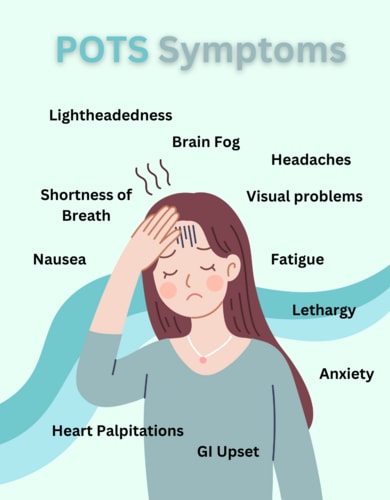
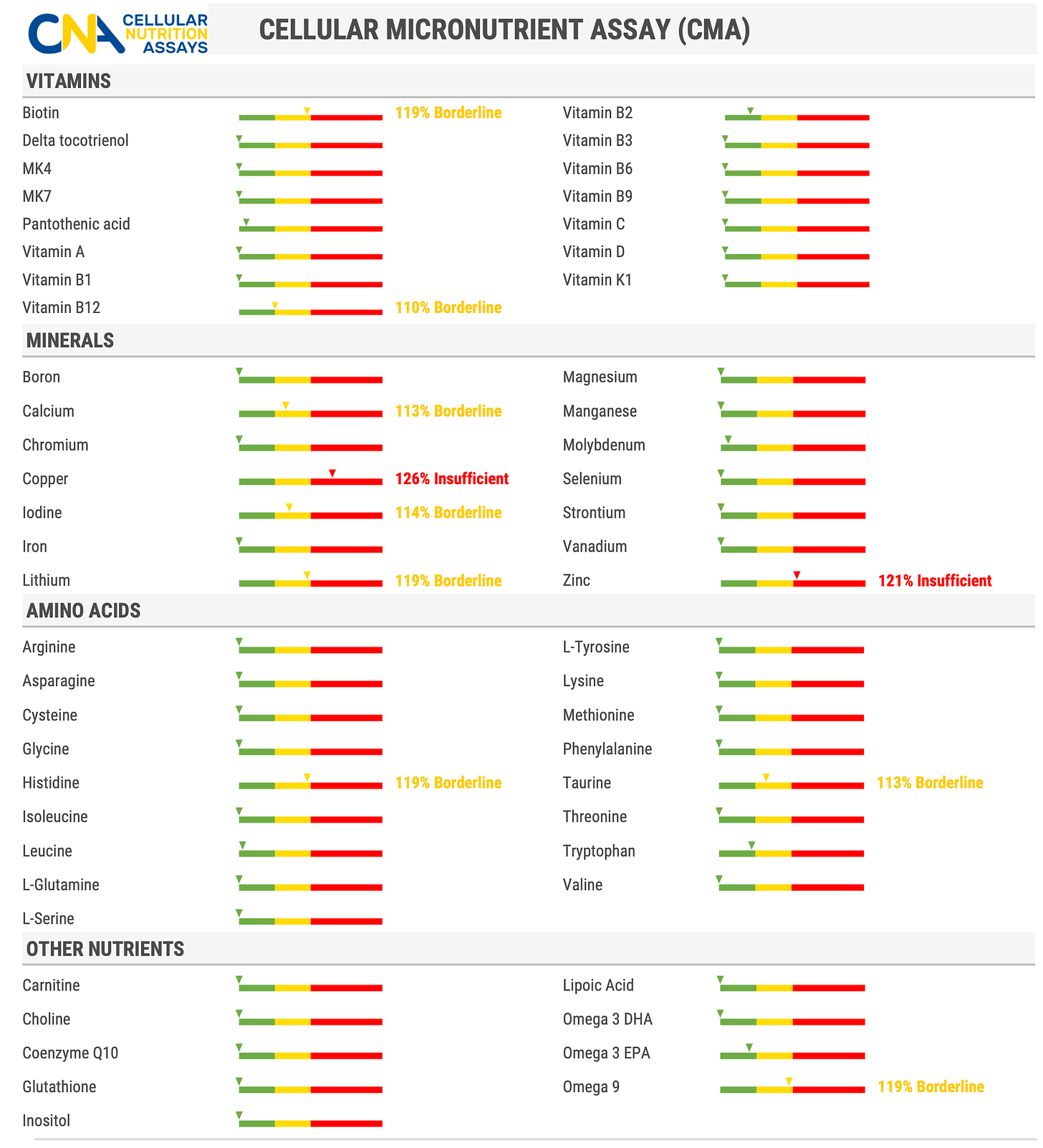
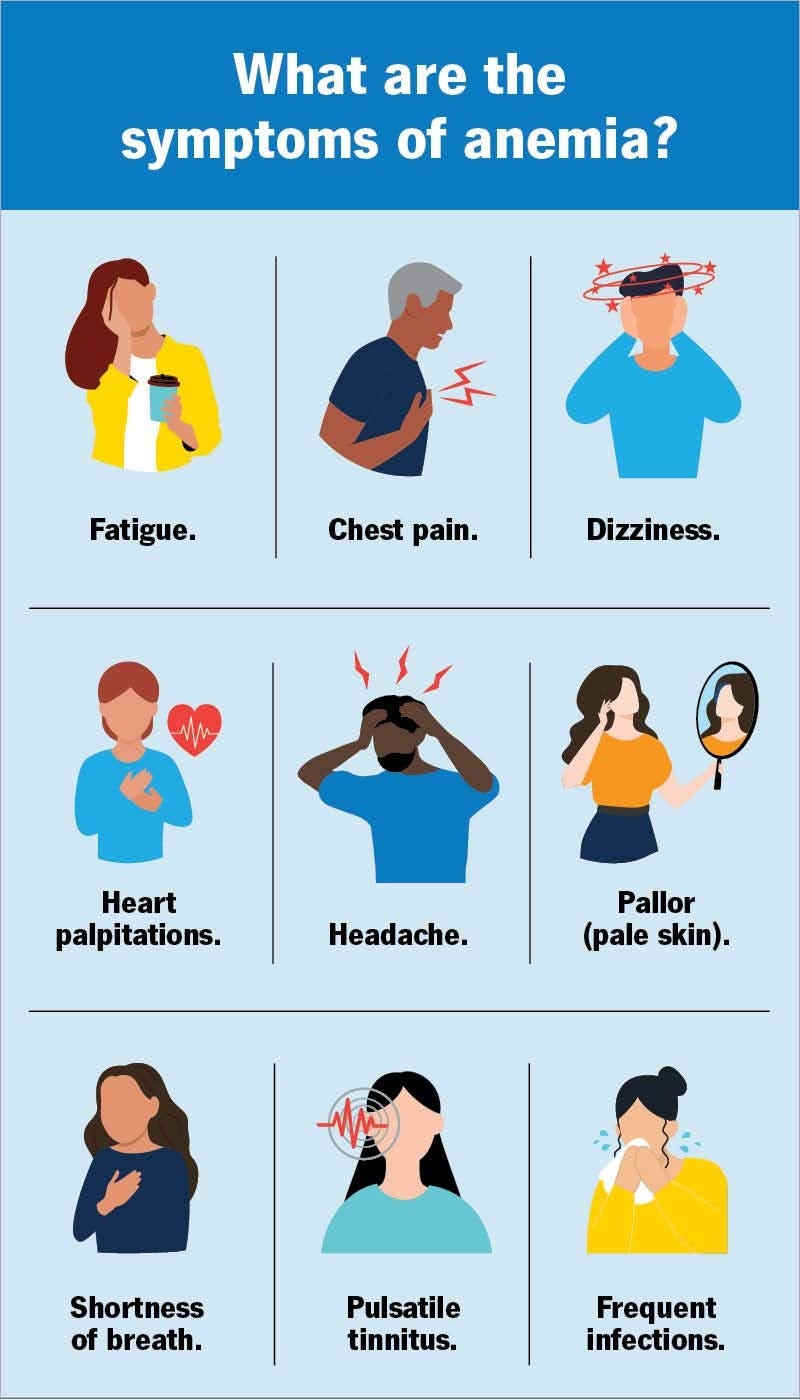
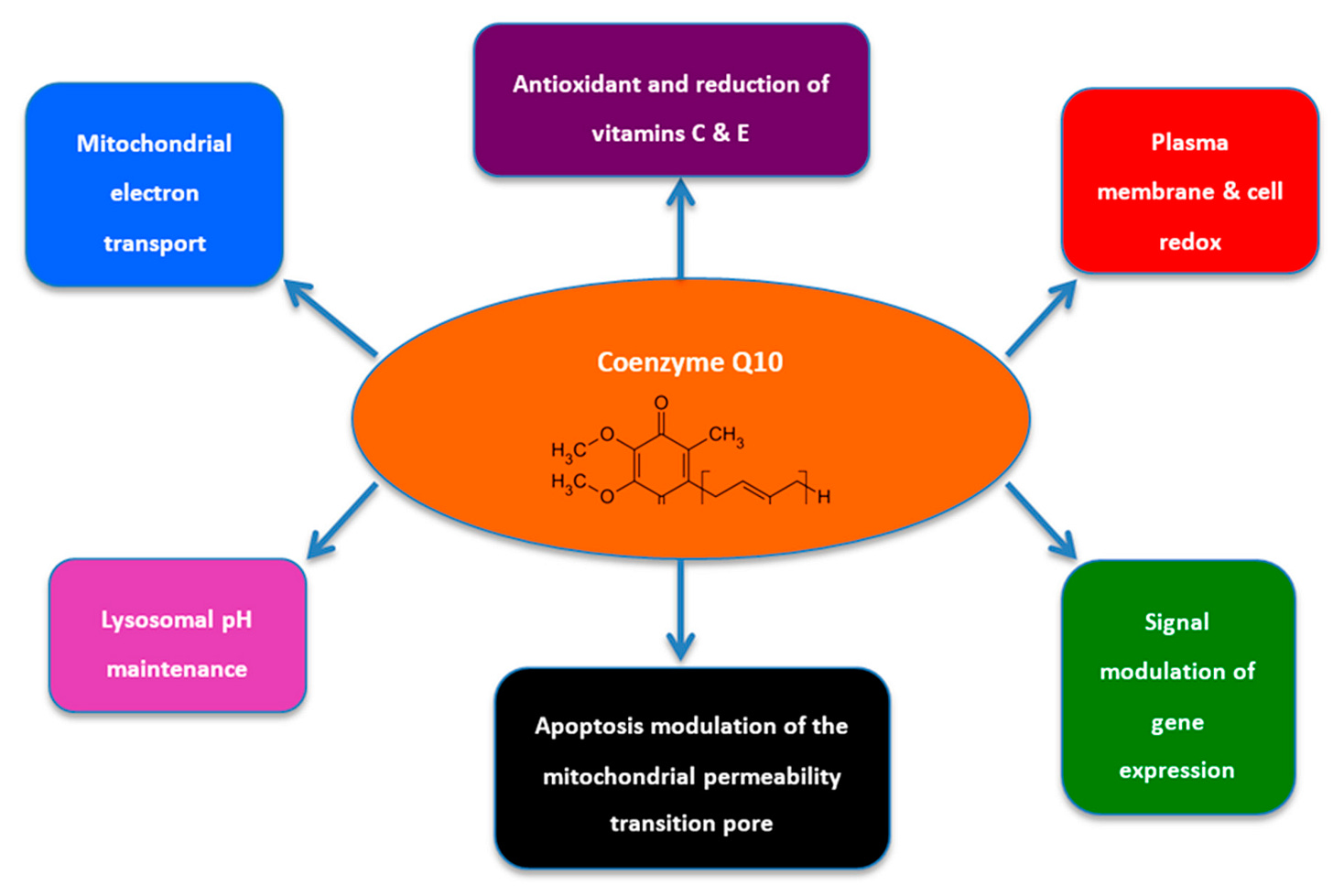
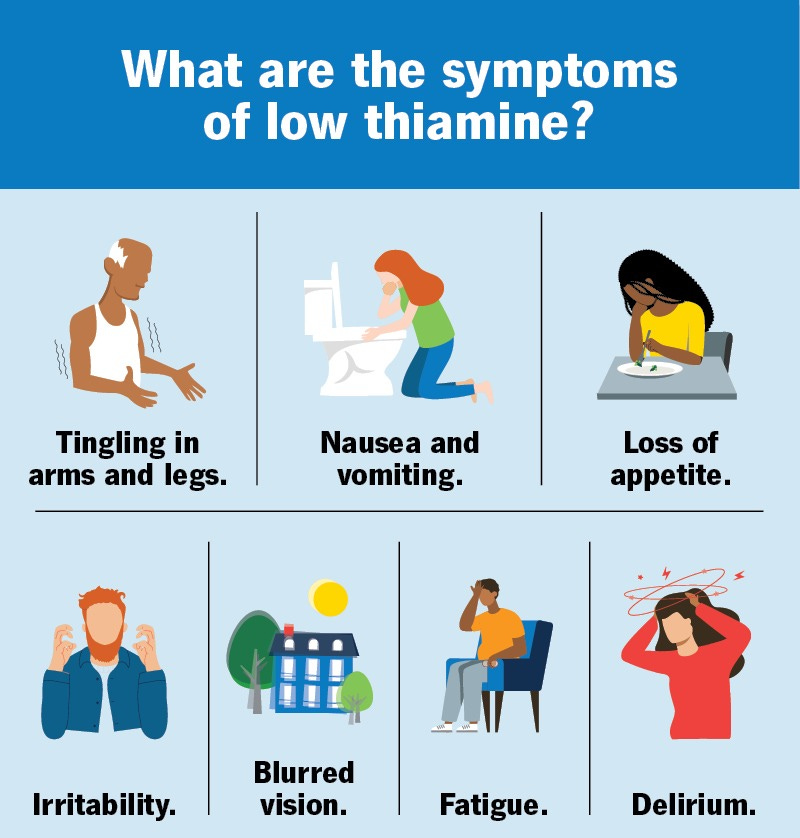
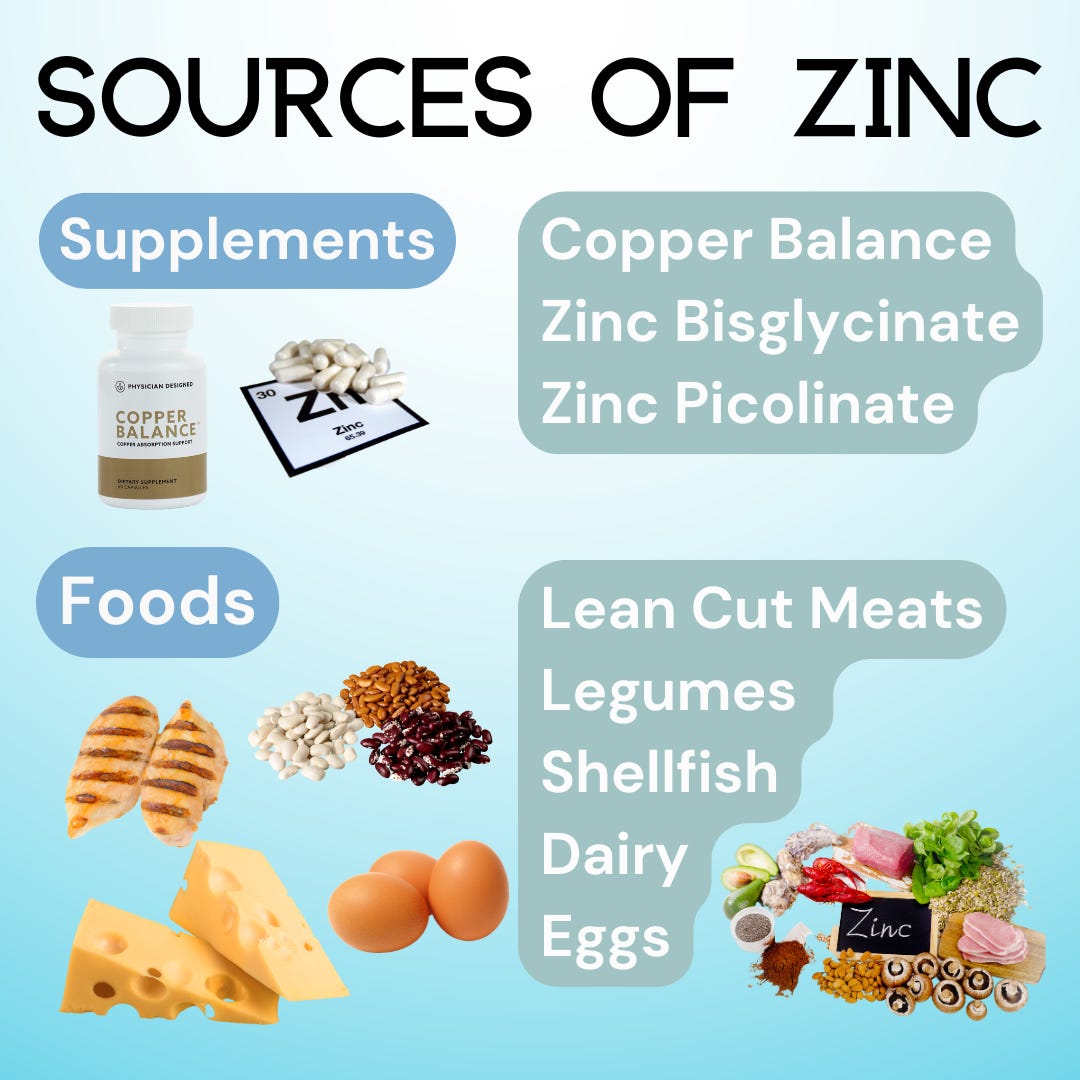
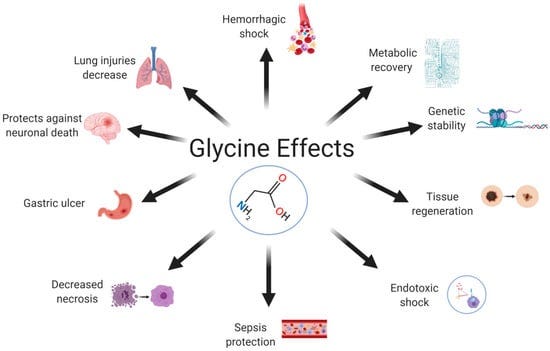
I never had POTS till I contracted Covid in the summer of 2022 and no, I’m not vaccinated or boosted. I am 68.
Valuable information. Thank you.